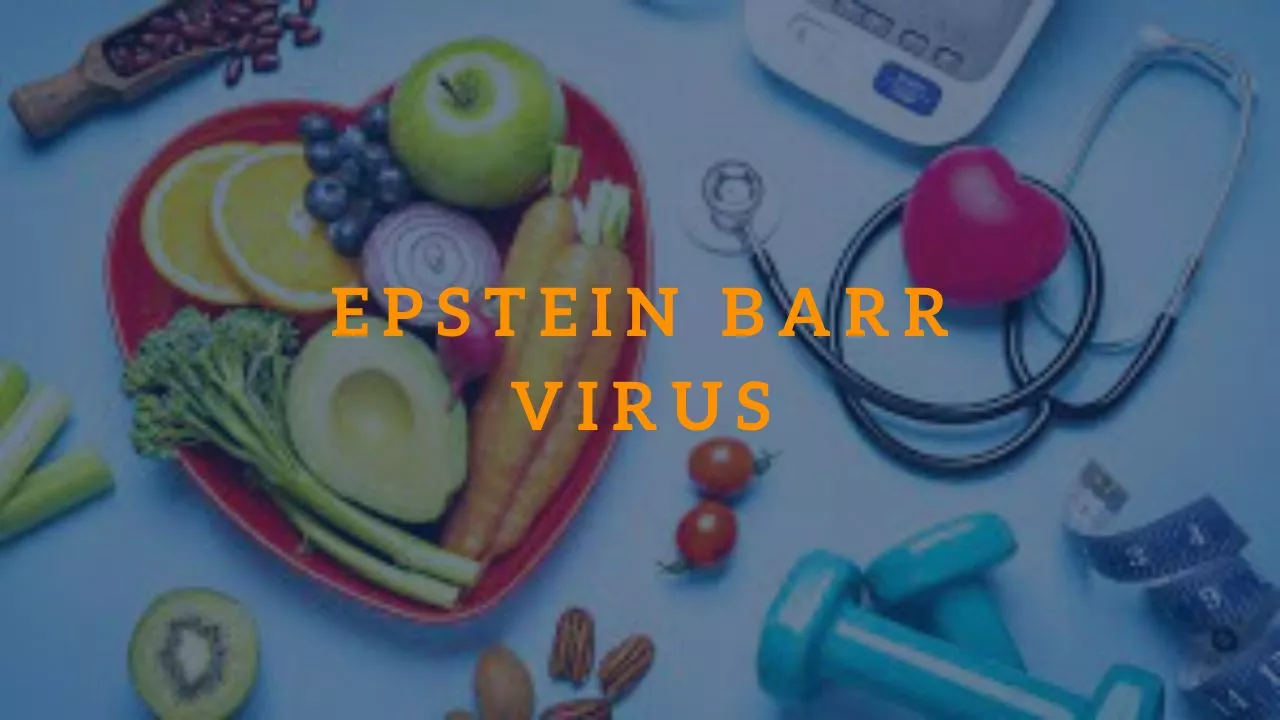Hello 1-GSM Visitors, are you looking for information about the Epstein Barr Virus? You have come to the right place. In this article, we will provide you with a comprehensive guide about the Epstein Barr Virus, its causes, symptoms, and treatments.

What is Epstein Barr Virus?
The Epstein Barr Virus (EBV) is a common virus that belongs to the herpes virus family. It is also known as human herpesvirus 4 (HHV-4). The virus is one of the most common viruses in the world, and it is estimated that more than 90% of adults have been infected with the virus at some point in their lives.
Causes of Epstein Barr Virus
The Epstein Barr Virus is primarily spread through body fluids, such as saliva, blood, and semen. The virus can be transmitted through close contact with an infected person, such as kissing, sharing food or drinks, and sexual contact. The virus can also be spread through blood transfusions and organ transplants.
People who have weakened immune systems, such as those with HIV/AIDS or those who have had an organ transplant, are at a higher risk of contracting the virus.
Symptoms of Epstein Barr Virus
The symptoms of the Epstein Barr Virus can vary from person to person. Some people may not experience any symptoms at all, while others may experience flu-like symptoms such as fever, headache, fatigue, and muscle aches. Other symptoms may include:
- Sore throat
- Swollen lymph nodes in the neck, armpits, or groin
- Swollen spleen
- Enlarged liver
- Rash
- Night sweats
Diagnosis of Epstein Barr Virus
The Epstein Barr Virus can be diagnosed through a blood test that looks for antibodies to the virus. The test can also determine if a person has had a recent infection or if they have had the virus in the past.
Treatment of Epstein Barr Virus
There is no specific treatment for the Epstein Barr Virus. Treatment is usually focused on managing the symptoms of the virus. Rest, fluids, and over-the-counter pain relievers can help relieve symptoms such as fever and sore throat. In severe cases, antiviral medications may be prescribed by a healthcare professional.
Prevention of Epstein Barr Virus
There is no vaccine available for the Epstein Barr Virus. The best way to prevent the virus is to practice good hygiene, such as washing your hands frequently and avoiding close contact with people who are sick. Avoiding sharing food or drinks, and using condoms during sexual activity can also help reduce the risk of transmission.
Complications of Epstein Barr Virus
In most cases, the Epstein Barr Virus is not serious and will go away on its own within a few weeks. However, in rare cases, the virus can lead to more serious complications, such as:
- Chronic fatigue syndrome
- Burkitt’s lymphoma
- Nasopharyngeal carcinoma
Conclusion
Epstein Barr Virus is a common virus that affects millions of people worldwide. While most people will not experience any serious complications, it is still important to be aware of the symptoms and seek medical attention if necessary. Remember to practice good hygiene and take preventative measures to reduce the risk of transmission.
See you again at our other interesting article!
